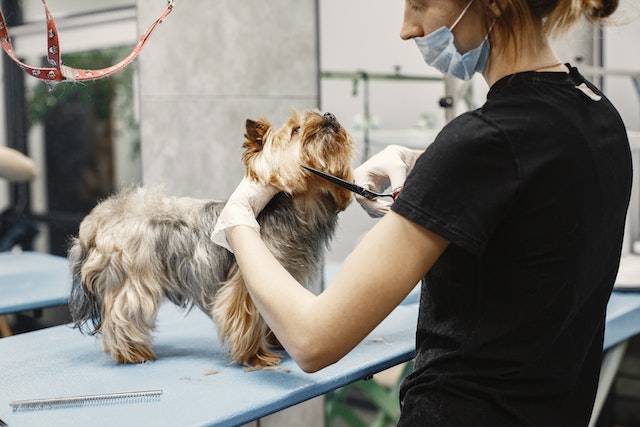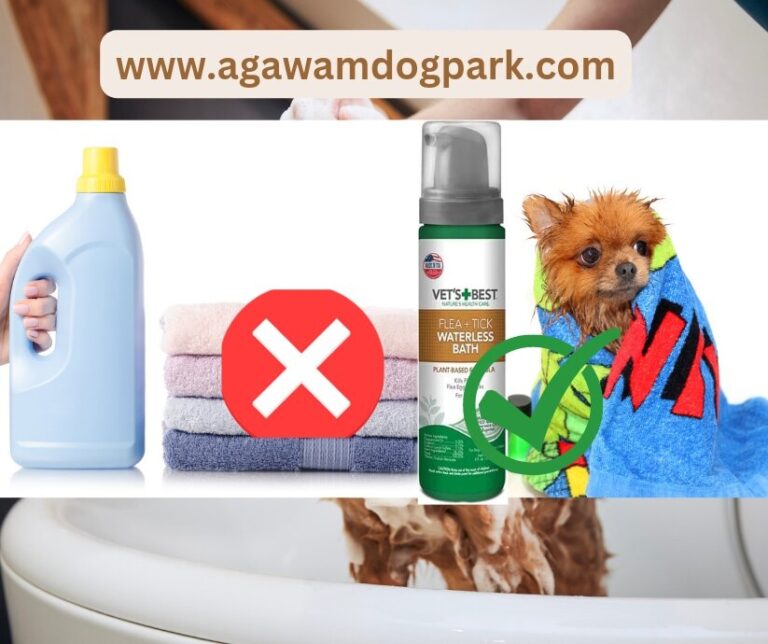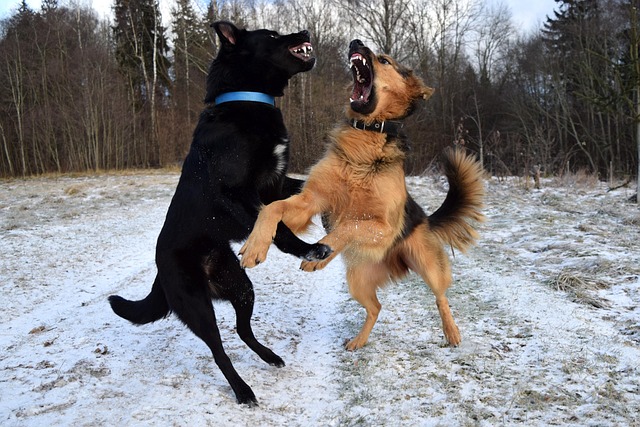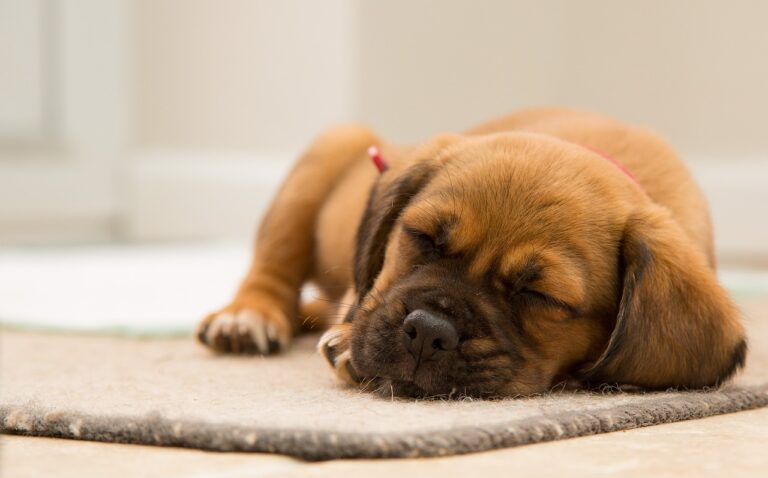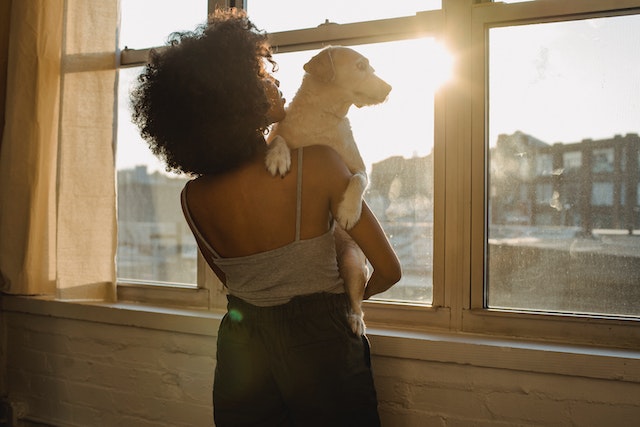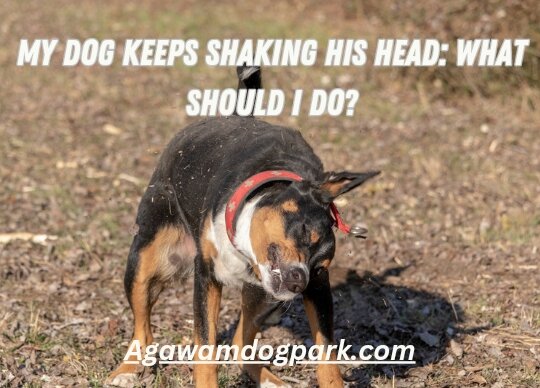Can a groomer sue you if your dog bites them?
Picture this: It’s a sunny day, and you’ve scheduled a much-needed grooming session for your beloved canine companion. As you drop off your dog at the groomer’s, you can’t help but feel a mix of excitement and anticipation. But amidst the shampooing, trimming, and styling, there’s a lingering question in the back of your mind: Can a groomer sue you if your dog bites them?
It’s a thought that may make any dog owner’s heart skip a beat. After all, you adore your pup and would never want them to harm anyone. But accidents can happen, and dogs, just like us, have their moments of unpredictability. So, what are the legal implications if your dog were to nip or bite the groomer during a grooming session?
In this article, we’re delving into the captivating world of dog grooming to explore the topic of whether a groomer can sue you if your dog bites them. We’ll navigate through the intricacies of dog behavior, liability laws, and the responsibilities of both dog owners and groomers. So buckle up, hold on tight, and let’s embark on this enlightening journey to unravel the truth behind this intriguing question.
Related articles:
Understanding dog behavior
Dogs, like humans, have moods and can act out if they feel threatened or scared. It’s similar to how we might react if someone unexpectedly poked us in the eye! Understanding our dogs’ behavior is crucial to preventing incidents, especially during grooming sessions. By recognizing their body language and cues, you can provide a calm and comfortable environment for your dogs.
Can a groomer sue you if your dog bites them?
Yes, a groomer can potentially sue you if your dog bites them. The legal implications may vary depending on the jurisdiction and circumstances surrounding the incident. It is crucial to prioritize responsible dog ownership, understand and address your dog’s behavior, and take necessary precautions to prevent biting incidents during grooming sessions.
Liability for Dog Bites
Like I said earlier, when it comes to liability laws regarding dog bites, there are various legal principles at play, and they can differ based on jurisdiction. However, the general consensus revolves around the concept of holding dog owners responsible for their pets’ actions. Statistics on dog bite incidents and related lawsuits further emphasize the seriousness of this issue. It’s important to note that dog bites can result in significant physical and emotional harm, and it’s our responsibility as dog owners to take appropriate measures to prevent such incidents.
Imagine you’re in a busy park, and your dog nips at a passerby. It’s like accidentally bumping into someone while rushing to catch a Frisbee. You may be liable for your dog’s actions, just as you would be responsible for apologizing and offering assistance after an unintentional collision. The law seeks to ensure that victims of dog bites are protected and compensated for any damages suffered.
The role of consent and the assumption of risk
Consent plays a vital role in any professional interaction, including dog grooming. Groomers require consent from dog owners to handle and groom their pets. Moreover, there is an element of risk assumption involved. Think of it like going on a roller coaster. You willingly choose to ride, knowing there’s a possibility of feeling scared or getting dizzy. Similarly, groomers assume a certain level of risk when working with dogs. By providing consent, dog owners acknowledge that there is a possibility of their dog exhibiting behavior that may be challenging to handle during grooming.
Related articles:
Groomer’s responsibility and professional standards
Groomers have a significant responsibility for ensuring the safety and well-being of the dogs they work with. They are expected to adhere to professional standards and guidelines that prioritize the comfort and security of the animals. Many professional groomers undergo specialized training to handle dogs of all temperaments. In fact, 87% of groomers report receiving formal education in animal behavior and safety protocols. This level of expertise equips them with the knowledge and skills needed to mitigate potential risks during grooming sessions.
How to reduce the risk of dog bites during grooming
As responsible dog owners, we can take proactive measures to reduce the risk of dog bites during grooming. One effective strategy is socialization. By gradually introducing our dogs to different people, environments, and grooming experiences, we can help them become more comfortable and less prone to exhibiting aggressive behavior.
Positive reinforcement training is another valuable tool. Rewarding good behavior and providing treats can help create a positive association with grooming sessions. Additionally, regular veterinary check-ups can help identify any underlying health issues that may contribute to a dog’s discomfort or fear during grooming.
Just as we take precautions to avoid slipping on a wet floor, dog owners can take steps to minimize the risk of their pup biting during grooming. It’s like putting up caution signs and using non-slip mats to keep everyone safe. By being proactive and implementing preventive measures, we can create a grooming environment that promotes trust, relaxation, and cooperation.
Communicating with your groomer
Open and honest communication is key in any relationship, and the one between a dog owner and a groomer is no exception. It’s important to discuss any behavioral concerns or previous incidents with your groomer. Sharing this information allows them to be better prepared and take necessary precautions during grooming sessions. Remember, groomers are experienced professionals who have likely encountered a wide range of dog behaviors. By communicating openly, we can work together to ensure the safety and well-being of our furry friends.
Moreover, groomers play a crucial role in providing feedback to dog owners. If they notice any signs of aggression or discomfort during grooming, they should communicate it promptly. This feedback allows dog owners to address any underlying issues and seek appropriate training or behavioral interventions. Collaboration and information exchange between dog owners and groomers can also help prevent potential incidents and foster a positive grooming experience for everyone involved.
Frequently Asked Questions
What happens if my dog bites his groomer?
If your dog bites his groomer, the consequences can vary depending on the severity of the bite, local laws, and the circumstances of the incident. The groomer may require medical attention and could potentially take legal action, leading to liability issues for the dog owner. It is crucial to address any behavioral concerns, prioritize dog training and socialization, and work closely with the groomer to prevent such incidents in the future.
Can I take my dog to the groomer if he’s aggressive?
It is not recommended to take an aggressive dog to the groomer. Aggression can pose a safety risk to both the groomer and your dog. It is important to prioritize the safety of everyone involved and seek professional help from a trainer or behaviorist to address and manage your dog’s aggression before considering grooming.
What if my groomer cuts my dog?
If your groomer accidentally cuts your dog during a grooming session, it is important to address the situation promptly. Notify the groomer about the injury and assess the severity of the cut. Depending on the circumstances, you may want to seek veterinary attention if necessary. It’s also important to communicate with the groomer to understand how the incident occurred and discuss any necessary measures to prevent similar incidents in the future.
What if my dog bites another dog or person at the groomer’s facility?
If your dog bites another dog or person at the groomer’s facility, it can have serious legal and liability implications. Notify the groomer immediately and provide any necessary assistance to the injured party. It is important to cooperate with the groomer, follow their guidance, and address any behavioral concerns with professional help. Depending on the severity of the incident, legal consequences and potential restitution may apply.
Conclusion
Now that we’ve been able to provide insights to the question, “Can a groomer sue you if your dog bites them?”, let’s continue to be proactive, educate ourselves on dog behavior, and follow best practices to minimize the risk of dog bites during grooming. Together, we can create a harmonious and safe grooming experience that benefits both our dogs and the talented groomers who care for them.
Now go ahead and schedule that grooming appointment, knowing that you’re well-equipped to provide your dog with a positive and stress-free grooming experience!

